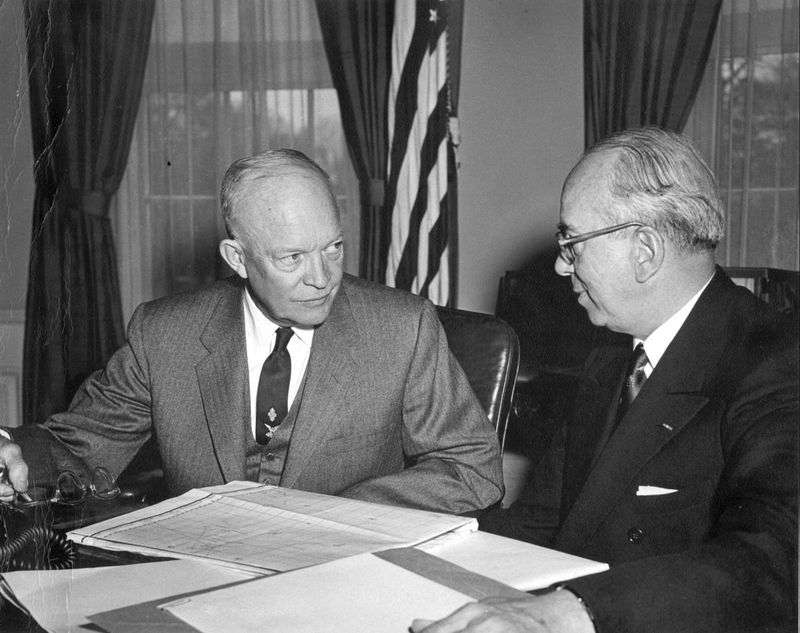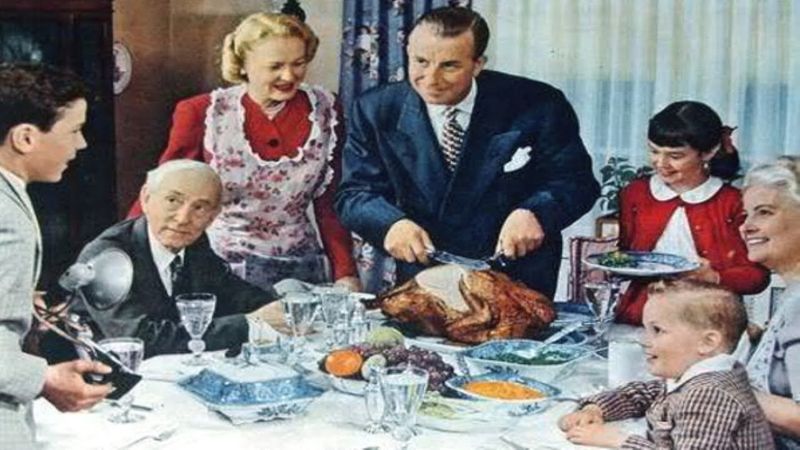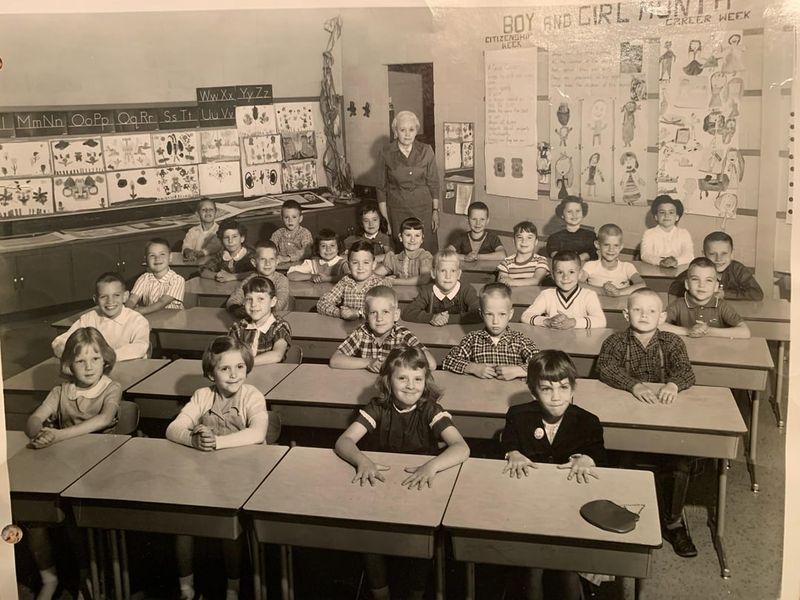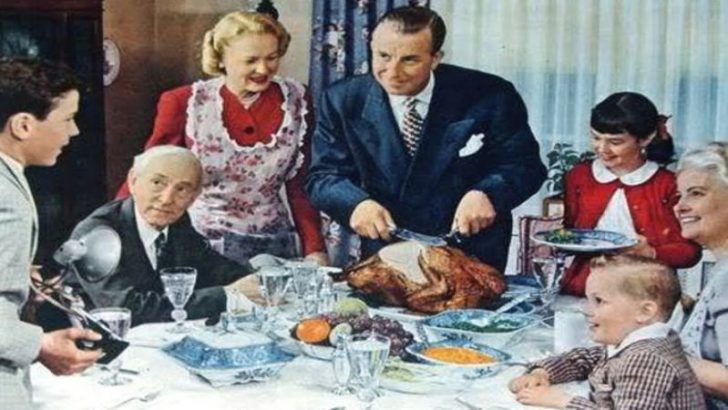The Baby Boomer generation experienced a world with its own unique set of societal norms and expectations. These unwritten rules shaped behaviors, values, and interactions. Let’s explore nine of these important societal rules that Boomers grew up with, reflecting the societal fabric of their time.
1. Respect for Authority

“Respect your elders,” a phrase that echoes through time, found its roots deeply embedded in Boomer culture. Authority figures, whether parents, teachers, or community leaders, were given utmost respect. This was not just a cultural norm but a guiding principle. In classrooms, students stood up when addressed by a teacher. In homes, children listened intently to the wisdom shared by their elders.
Authority was seen as a source of guidance and experience. This respect for authority translated into a disciplined society where rules were followed, and traditions were cherished. It created a foundation for societal stability and order.
2. Value of Hard Work

For Boomers, hard work was synonymous with success and respectability. The idea that effort leads to achievement was instilled from a young age. Many Boomers can recall the early morning chores, be it on a farm or a factory floor.
The post-war era demanded resilience and diligence. The promise of the American Dream was within reach for those willing to toil. This work ethic fostered a sense of pride and accomplishment, whether in professional or personal endeavors. It wasn’t just about making a living; it was about building a legacy and contributing to society.
3. Importance of Family

Family was the cornerstone of Boomer life, with Sunday dinners and family gatherings being the norm. These gatherings were more than just meals; they were opportunities to connect and share. Grandparents, parents, and children came together, strengthening familial bonds.
The family unit provided emotional support and a sense of belonging. It was a nurturing environment where values were passed down through generations. The family was not just a social construct but a vital survival mechanism.
This emphasis on family unity molded individuals who valued loyalty and care within the household.
4. Gender Roles

Distinct gender roles were a defining aspect of Boomer society. Men were typically the breadwinners, while women focused on homemaking and raising children. This division of labor was not merely societal but cultural.
Women were often seen in aprons, managing households, while men donned suits, heading to offices. Yet, beneath this structure, seeds of change brewed. The feminist movement would later challenge these norms.
At the time, these roles provided clarity and structure but also laid the groundwork for future societal shifts as new generations began to question and redefine gender expectations.
5. Patriotism

Patriotism was a deeply rooted sentiment among Boomers, shaped by the experiences of their parents during World War II. National pride was celebrated at every opportunity, from parades to school pledges. The Stars and Stripes were more than a flag; they symbolized freedom and unity.
This unwavering loyalty extended beyond mere symbols. It was about contributing to the nation’s prosperity and honoring those who served. For many Boomers, patriotism was not just an emotion but a duty, ensuring that the sacrifices of previous generations were not in vain.
6. Personal Responsibility

Boomers were taught the vital importance of personal responsibility from a tender age. This principle guided their decisions, fostering independence and accountability. When things went wrong, the blame was not shifted; solutions were sought.
Responsibility extended to finances, family, and work. Each action had consequences, and Boomers learned to own them. This mindset cultivated a generation that prized self-reliance and integrity.
It was about standing on one’s own feet, facing challenges head-on, and carving out a path without relying heavily on others. This ethos shaped resilient individuals who thrived in diverse circumstances.
7. Value of Education

Education was a revered pursuit for Boomers, seen as the key to a better future. Schools were more than institutions; they were communities where knowledge was cherished. Classrooms buzzed with curiosity and discipline.
Parents encouraged academic success as a path to opportunity and growth. This belief in education’s power fostered a competitive spirit, driving students to excel.
Learning was not merely for personal gain but for contributing to society’s advancement. This emphasis on education laid the groundwork for technological and cultural revolutions, as Boomers became leaders and innovators in various fields.
8. Civic Duty

Civic duty was ingrained in Boomer culture, representing a commitment to community and nation. Participation in local events, from voting to volunteering, was expected. This engagement was seen as a cornerstone of democracy.
Boomers were active in shaping their communities, understanding that progress required collective effort. Whether through town hall meetings or community clean-ups, they contributed to the public good.
This sense of duty extended beyond mere obligation; it was about fostering connections and driving societal change. Civic involvement nurtured a sense of belonging and responsibility towards the community’s well-being.
9. Conformity and Social Etiquette

Conformity and etiquette were hallmarks of Boomer society. Manners were not just expected; they were enforced. Social gatherings had unspoken codes, from dress to conduct. Proper behavior distinguished individuals within the community.
Boomers adhered to a set of social norms that defined interactions. It was about fitting in and maintaining harmony. Yet, beneath this conformity, a desire for individual expression simmered, later fueling cultural revolutions.
Adherence to etiquette ensured smooth social interactions, fostering a sense of order and respect. It was about understanding one’s role within society and respecting others’ perspectives and customs.

